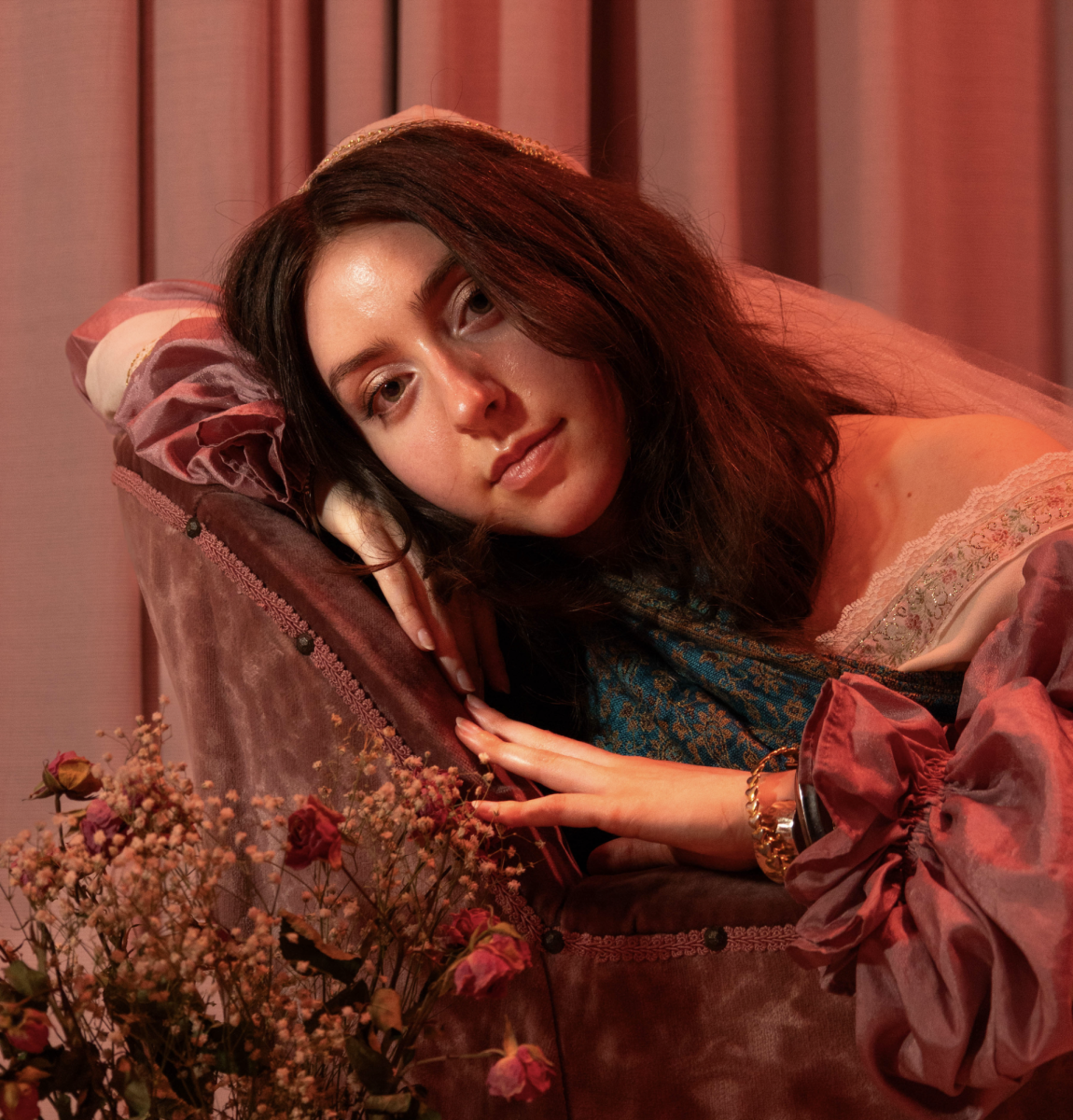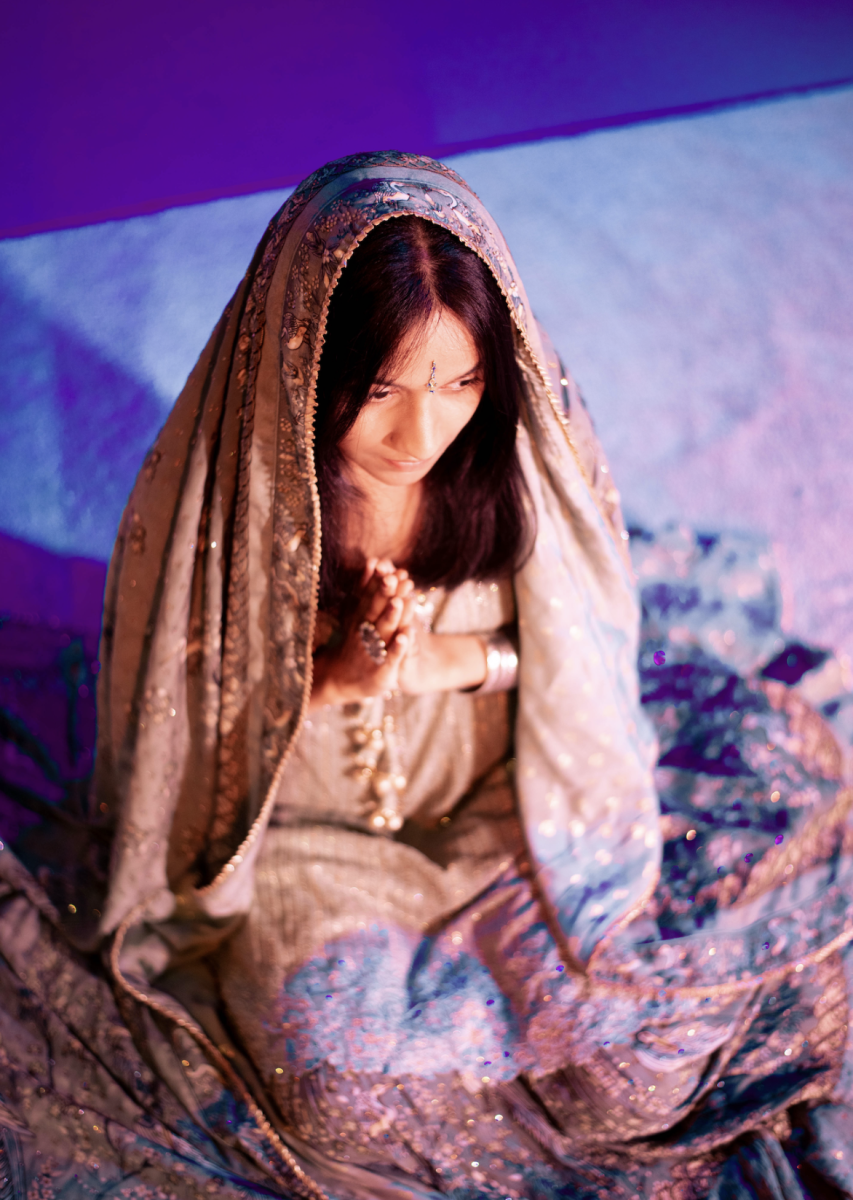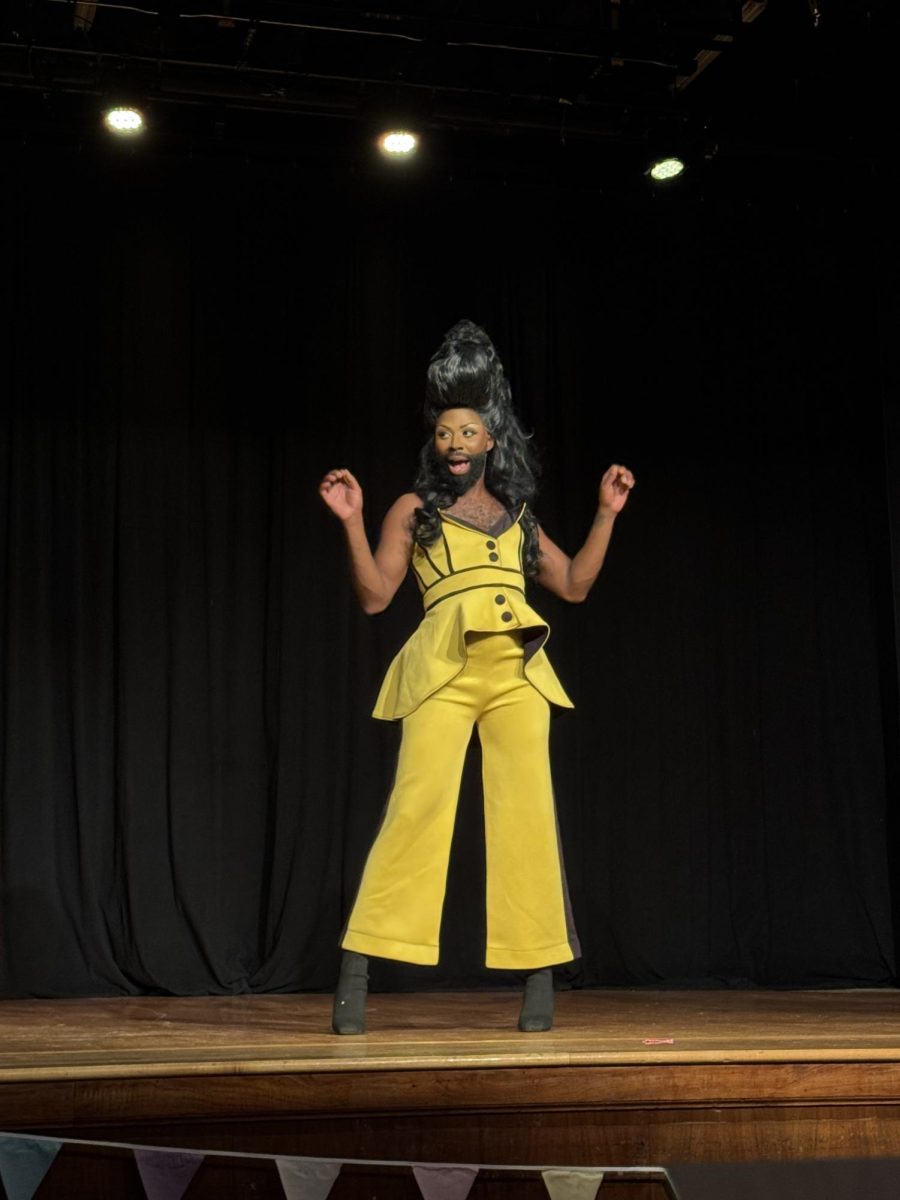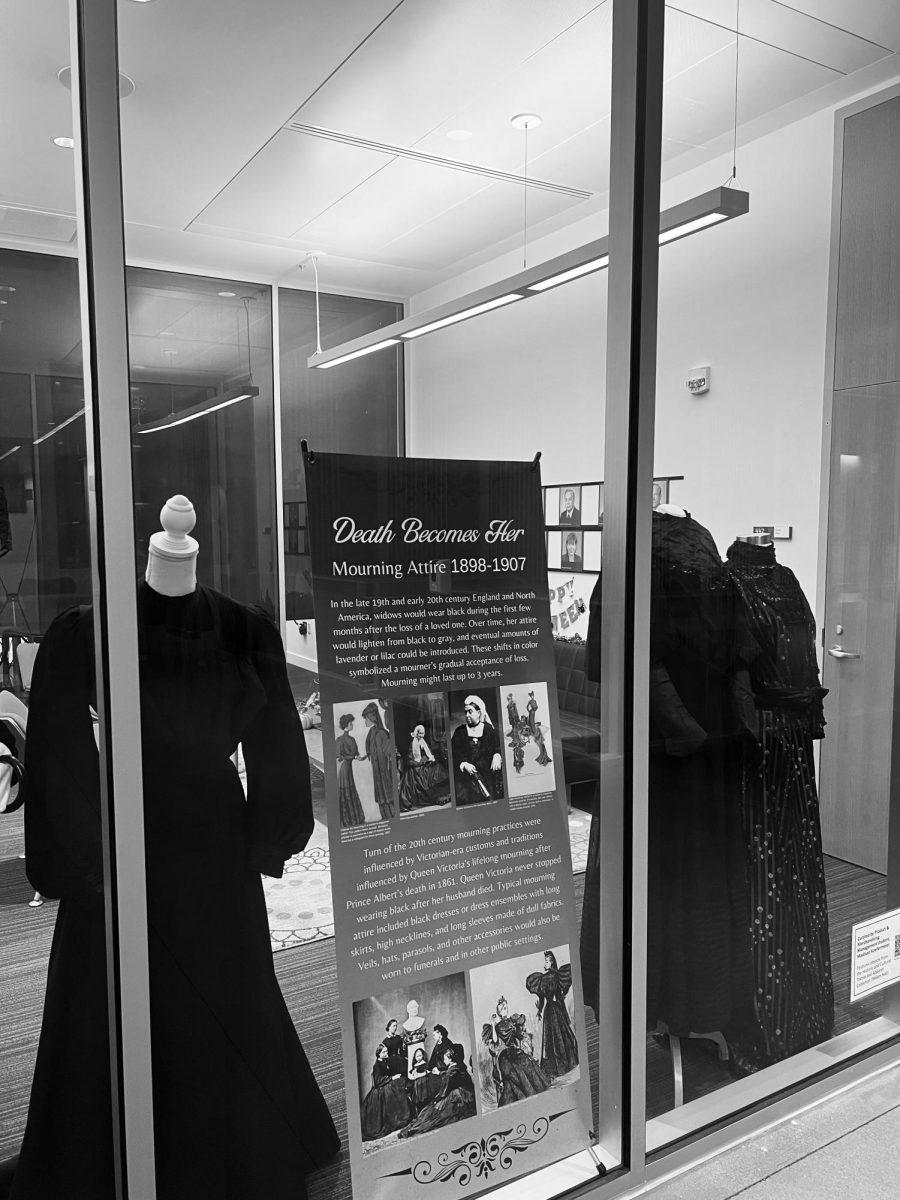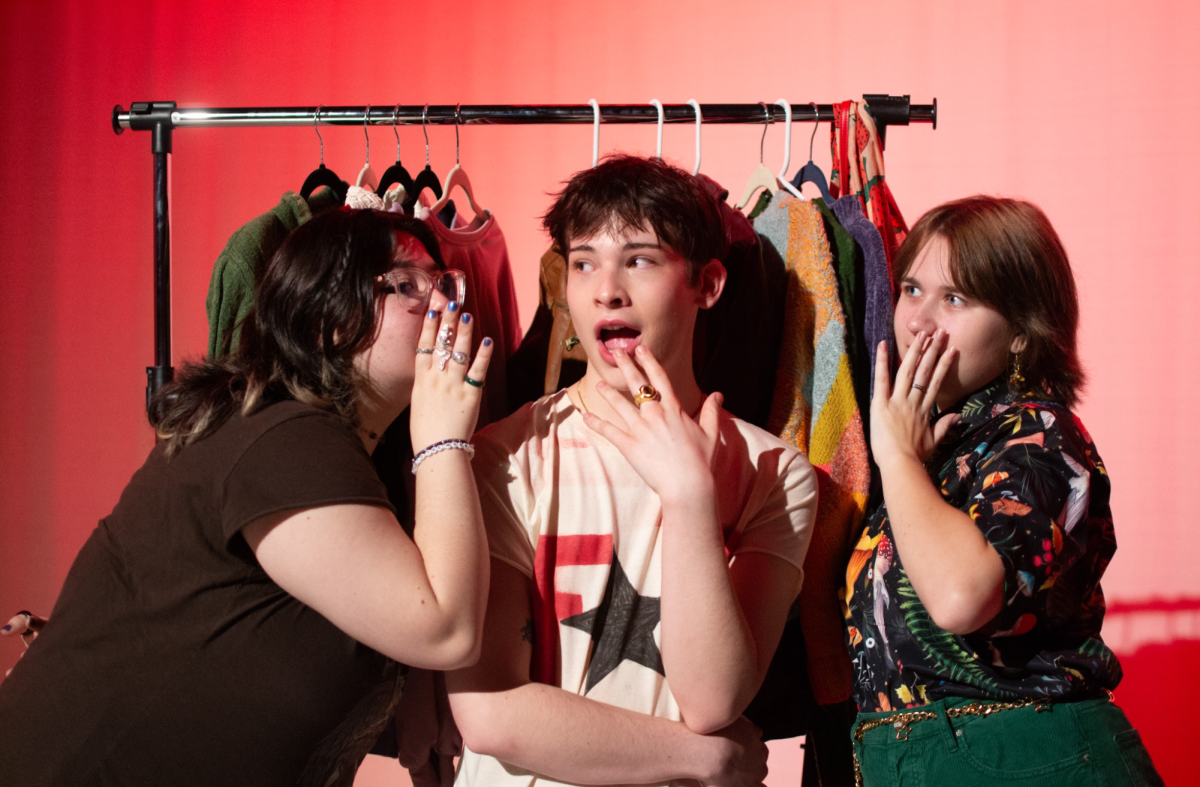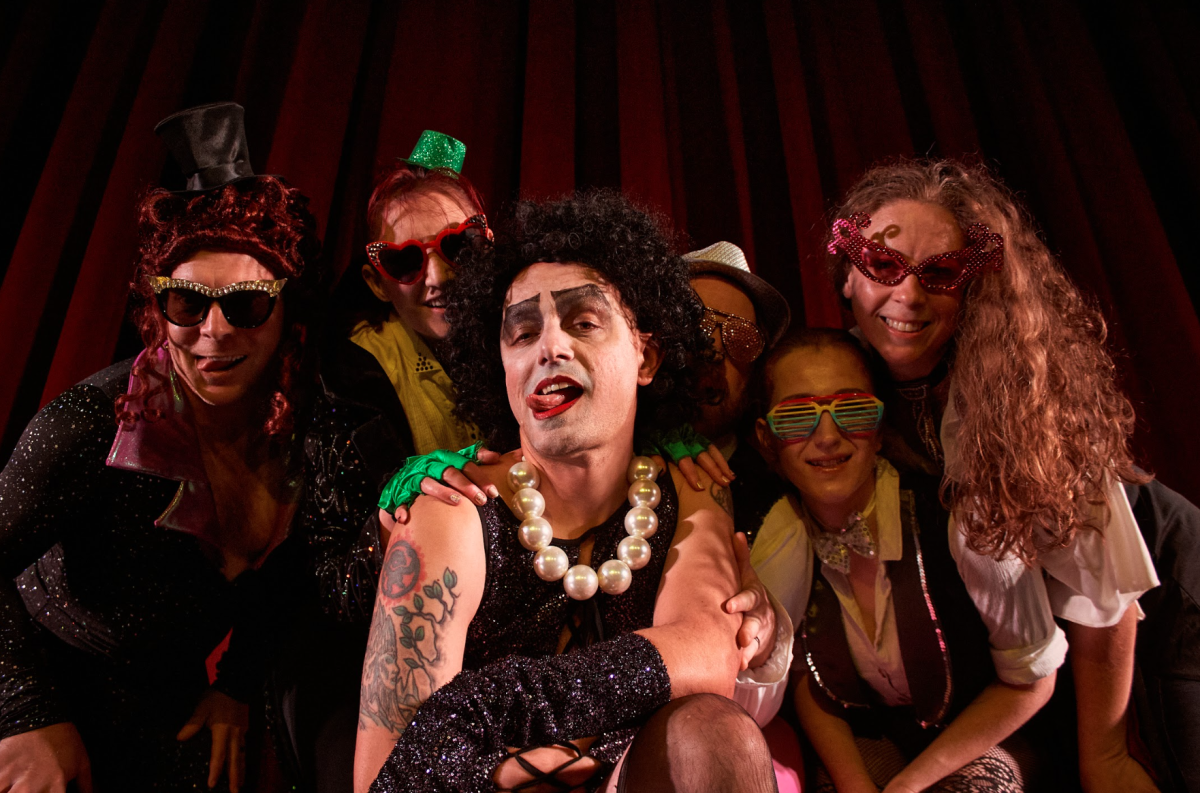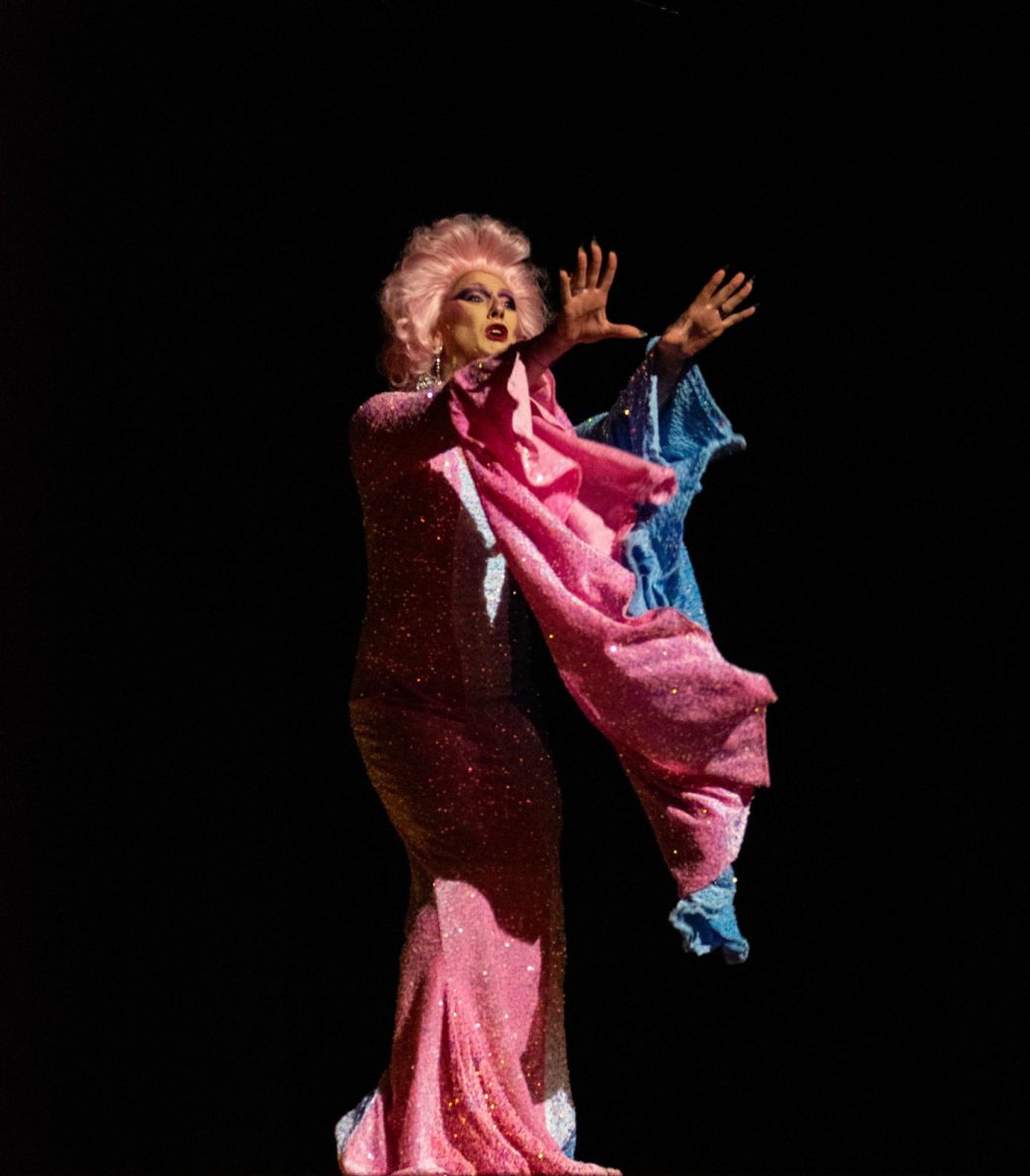Who could have guessed that your old silverware could double as one of Oregon State University’s hottest fashion statements? A group of incredibly talented students looked at a spoon and saw more than just a piece of silver that holds soup — they saw a way to express, accessorize and dress up one’s personality. Suddenly, flatware isn’t just for the dinner table, it’s for the Beavers.
Records of spoon rings date back to the Middle Ages, when they were often used as wedding bands, symbolizing care and provision. According to Ontario-based jewelry company Kissed By Hammer, the trend flourished in the 1960s as a countercultural statement against mass production. With their rich history and diverse designs, spoon rings continue to be cherished for their unique beauty and personal significance.
Today, spoon rings are once again in rotation, especially on a campus fueled by a desire for sustainable, one-of-a-kind pieces.
In 2023, a group of students were tasked with starting a microbusiness: creating and selling a product. While many of their peers gravitated toward more conventional ideas like energy drinks, their group decided to take a different approach. Inspired by a TikTok video and a shared passion for jewelry, they saw potential in repurposing thrifted utensils into stylish, sustainable accessories.
SPUUN Rings, created by students Jade Skjersaa, Bella Quinn, Mason Draper, Jillian Sonny and Sydney Hett, constructed their brand based on personal interest and extensive research.
“A lot of us are really into jewelry, so we (thought we) should do something along that line anyways, and then we did some research on how (we could) do this,” Quinn said.
When the founders of this spoon ring business first started out, their idea was met with skepticism. “We were constantly pushing our limits, especially when our teachers were like, ‘You need to switch,’ and we proved them wrong. Honestly, the best feeling ever,” Draper added.
Through trial and error, they figured out the best methods for bending and shaping silverware into wearable art. They sourced all their materials secondhand from local thrift stores and ensured sustainability remained a key focus, even saving leftover scraps to be recycled or repurposed into new products.
What started as a simple class project quickly turned into a profitable venture. By the end of their course, their team had not only surpassed expectations but also set records, earning second place out of more than 80 teams, bringing in over $3,100 in profit, and achieving an impressive 97% profit margin.
They secured an LLC, opened a business bank account, and started selling in local boutiques such as Golden Crane in downtown Corvallis. They also participated in pop-up shops and pitch competitions, consistently proving that their idea had staying power, especially after they scored second.
Despite challenges like figuring out sizing, managing inventory and finding new sales channels, the team’s passion for their craft has kept them motivated. They take pride in the uniqueness of each ring and love seeing their creations worn out in the world.
This eco-friendly approach not only aligned with their values but also resonated with their customers. People loved the idea of wearing something with history; some customers even brought in sentimental spoons, asking the team to craft custom rings from them.
“It’s like a story on your hand,” founder Skjersa, said.
As they continue their journey, the future of the business remains open-ended. While some members see it as a stepping stone toward future entrepreneurial endeavors, others are passionate about growing the brand further. Whichever direction they take, their experience has already provided valuable lessons in business, teamwork and perseverance.
From overcoming skepticism to breaking records, their journey proves that history, artistry and sentimentality never go out of style.



